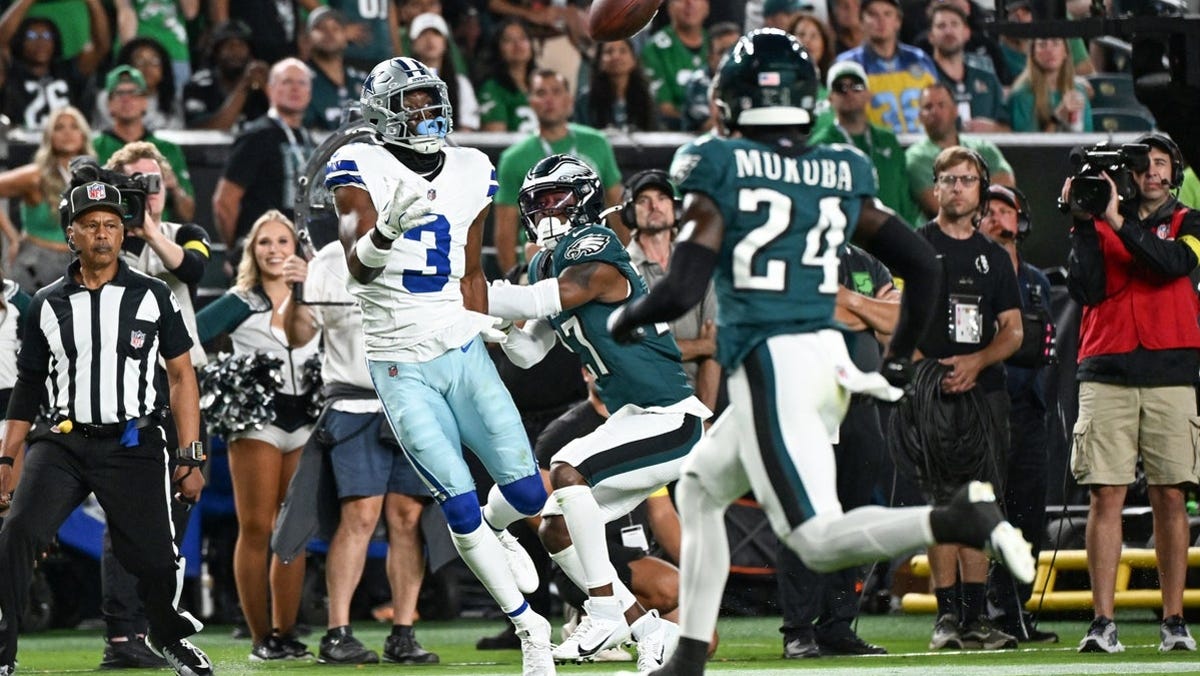Introduction to the Lawsuit
A federal class-action lawsuit in the United States is targeting some of the country’s most powerful horse racing operators, accusing them of colluding to give high-tech betting insiders an unfair advantage over ordinary punters. The lawsuit was filed on 24 October in the US District Court for the Eastern District of New York.
The Parties Involved
The complaint, Ryan Dickey v. Stronach et al., names several prominent entities, including racetrack owners The Stronach Group, Churchill Downs Inc., and the New York Racing Association. Additionally, it targets United Tote Company, Racing and Gaming Services, and two computer-assisted wagering (CAW) platforms – Elite Turf Club LLC and Velocity – linked to the tracks.
Allegations of a Rigged System
The complaint alleges that these entities created “a rigged system” using computer algorithms, artificial intelligence, and preferential access to manipulate wagering pools. This system is accused of transferring billions of dollars from retail bettors to a small circle of insiders. The lawsuit cites violations of the Racketeer Influenced and Corrupt Organisations Act (RICO), as well as claims of unjust enrichment, conspiracy, and conversion.
Technological Advantage
The lawsuit argues that technological advances have transformed pari-mutuel wagering into a system dominated by data-driven players with exclusive access. CAW groups use sophisticated algorithms to scan odds and place large, rapid wagers through direct connections to betting pools. In contrast, ordinary punters must place bets through slower online interfaces, often receiving worse odds by the time their wagers are processed.
Unequal Playing Field
Insiders are said to benefit from substantial rebates and reduced fees, allowing them to profit from narrow margins that would wipe out retail bettors attempting the same strategies. This creates an unequal playing field where ordinary punters are at a significant disadvantage. According to Hagens Berman managing partner Steve Berman, the conduct is “a modern reverse-Robin Hood scenario”, where racetrack operators and favoured betting groups are “stealing from average public retail bettors and giving to the already rich”.
Conclusion
The lawsuit highlights the need for greater transparency and fairness in the horse racing industry. By allegedly manipulating wagering pools and providing insiders with an unfair advantage, these powerful operators are undermining the integrity of the sport. As the case moves forward, it will be important to watch how the court addresses these allegations and whether changes will be made to ensure a more level playing field for all bettors. The outcome of this lawsuit has the potential to impact not only the horse racing industry but also the broader world of sports betting, where fairness and transparency are essential for maintaining public trust.


